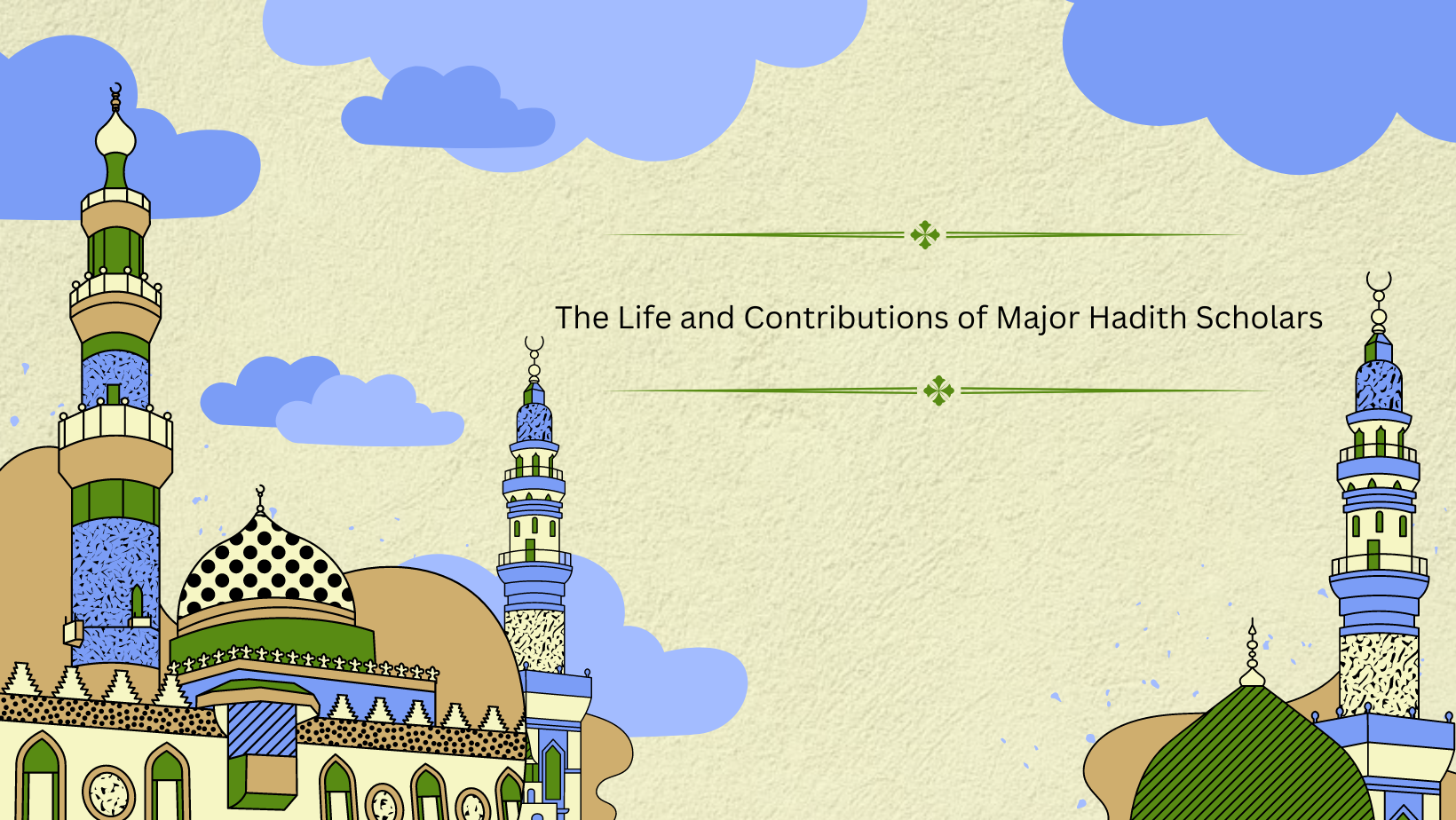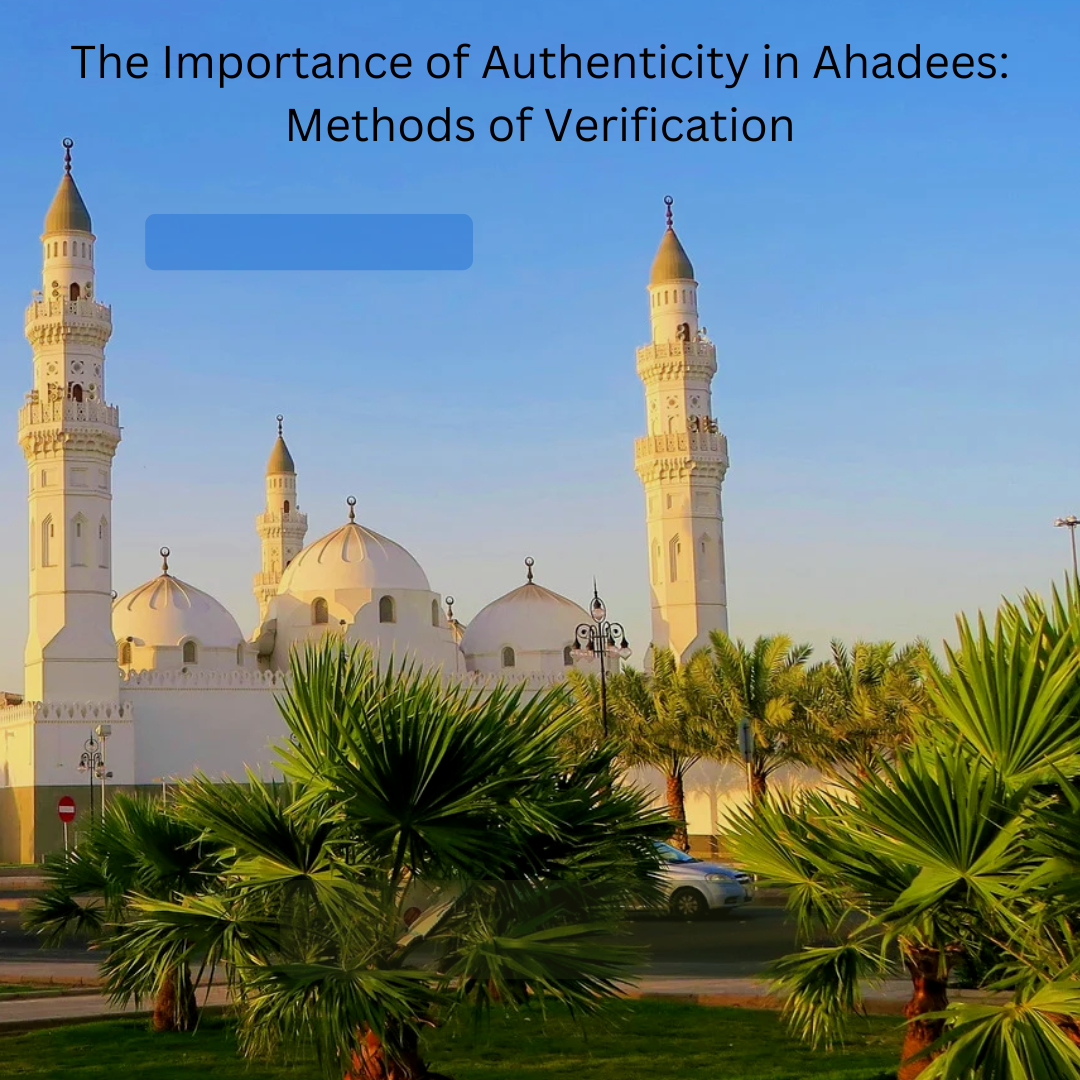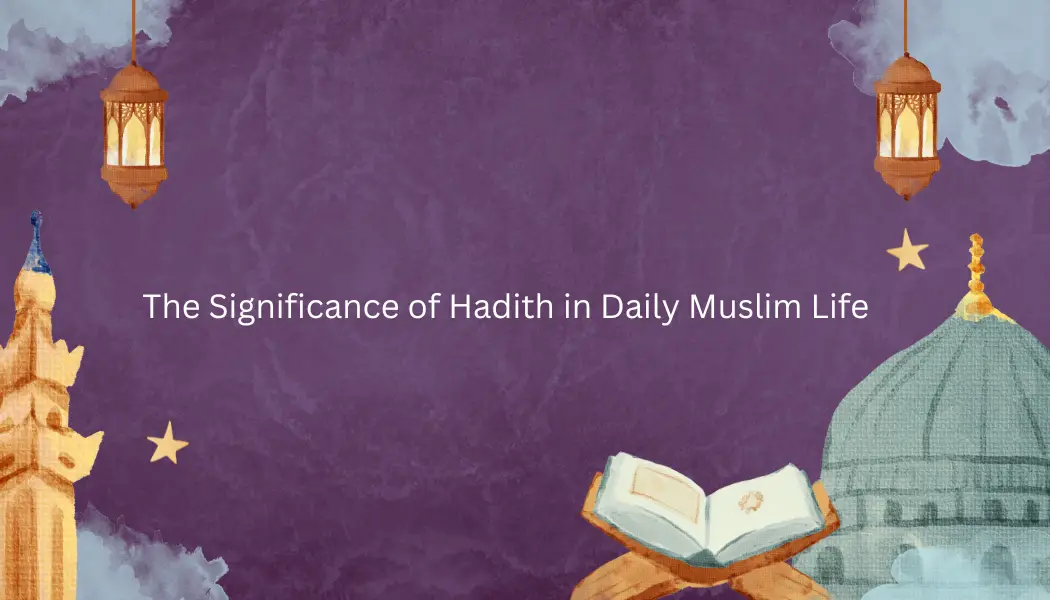Ahadees, the recorded sayings, actions, and approvals of the Prophet Muhammad (PBUH), play a vital role in the daily lives of Muslims. While the Qur’an provides the foundational principles of Islam, Ahadees offer detailed guidance on how to implement these principles in various aspects of life. For modern Muslims, understanding and applying Ahadees can enhance their spiritual practice, moral conduct, and social interactions. This article explores the practical applications of Ahadees in the contemporary world, highlighting their relevance and importance.
Enhancing Spiritual Practice
Daily Prayers
One of the most significant contributions of Ahadees is in guiding Muslims on how to perform their daily prayers (Salah). The Qur’an commands Muslims to pray but does not provide the specifics. Ahadees fill this gap by detailing the method, timing, and number of units (rak’ahs) for each prayer. For instance, the Hadith narrated by Abu Huraira in Sahih Bukhari states: “The Prophet (PBUH) said, ‘Pray as you have seen me praying'” (Sahih Bukhari 631). This directive ensures that Muslims follow the exact way the Prophet prayed, maintaining uniformity and devotion in their worship.
Supplications (Duas)
Ahadees also offer numerous supplications (duas) for various occasions, helping Muslims maintain a constant connection with Allah. For example, before eating, Muslims are encouraged to recite: “Bismillah” (In the name of Allah). After finishing a meal, they recite: “Alhamdulillah” (Praise be to Allah). These simple yet profound practices, derived from Ahadees, instill gratitude and mindfulness in daily activities.
Moral and Ethical Conduct
Honesty and Integrity
Ahadees emphasize the importance of honesty and integrity in all dealings. The Prophet Muhammad (PBUH) said: “Truthfulness leads to righteousness, and righteousness leads to Paradise” (Sahih Bukhari 6094). This teaching encourages Muslims to uphold truthfulness in their personal and professional lives, fostering trust and righteousness in society.
Kindness and Compassion
The Prophet Muhammad (PBUH) was known for his kindness and compassion, and Ahadees provide numerous examples of his merciful conduct. For instance, the Hadith in Sahih Muslim states: “The merciful are shown mercy by The Merciful. Be merciful on the earth, and you will be shown mercy from above” (Sahih Muslim 2319). By embodying these qualities, Muslims can contribute to a more compassionate and harmonious community.
Social Interactions
Family Life
Ahadees offer valuable guidance on maintaining harmonious family relationships. The Prophet Muhammad (PBUH) said: “The best of you are those who are best to their families” (Sunan al-Tirmidhi 3895). This Hadith highlights the importance of kindness, respect, and responsibility towards family members. In a modern context, this can translate to spending quality time with family, providing support, and fostering an environment of love and understanding.
Community and Brotherhood
The concept of brotherhood in Islam is strongly emphasized in Ahadees. The Prophet Muhammad (PBUH) said: “None of you truly believes until he loves for his brother what he loves for himself” (Sahih Bukhari 13). This Hadith promotes empathy, solidarity, and mutual support within the Muslim community. Modern Muslims can apply this by engaging in charitable activities, supporting communal initiatives, and promoting social justice.
Contemporary Challenges
Balancing Tradition and Modernity
Modern Muslims often face the challenge of balancing traditional Islamic teachings with contemporary lifestyles. Ahadees provide a framework that can be adapted to modern contexts without compromising on core values. For instance, the Hadith encouraging cleanliness, “Cleanliness is half of faith” (Sahih Muslim 223), can be applied to modern hygiene practices, emphasizing the importance of personal and environmental cleanliness.
Navigating Technology and Social Media
The rapid advancement of technology and the prevalence of social media present unique challenges and opportunities for Muslims. Ahadees can guide ethical behavior in these spaces. For example, the Prophet Muhammad (PBUH) said: “Whoever believes in Allah and the Last Day, let him speak good or remain silent” (Sahih Bukhari 6475). This Hadith encourages mindful and respectful communication, which is particularly relevant in the age of digital interactions.
Conclusion
Ahadees provide a comprehensive guide for Muslims seeking to live a life aligned with Islamic principles. By incorporating the teachings of the Prophet Muhammad (PBUH) into daily routines, moral conduct, and social interactions, modern Muslims can enhance their spiritual practice and contribute positively to their communities. The timeless wisdom contained in Ahadees remains relevant, offering practical applications that help navigate the complexities of contemporary life while maintaining the essence of Islamic teachings.



